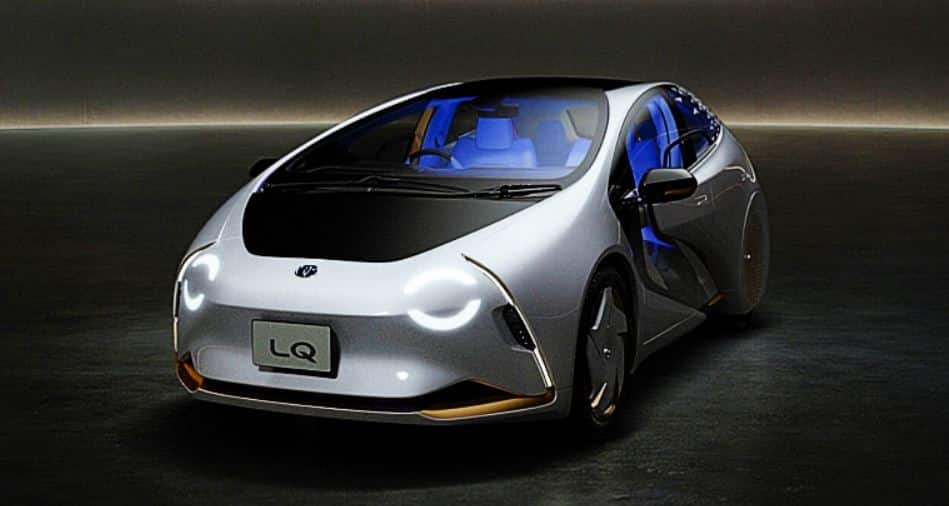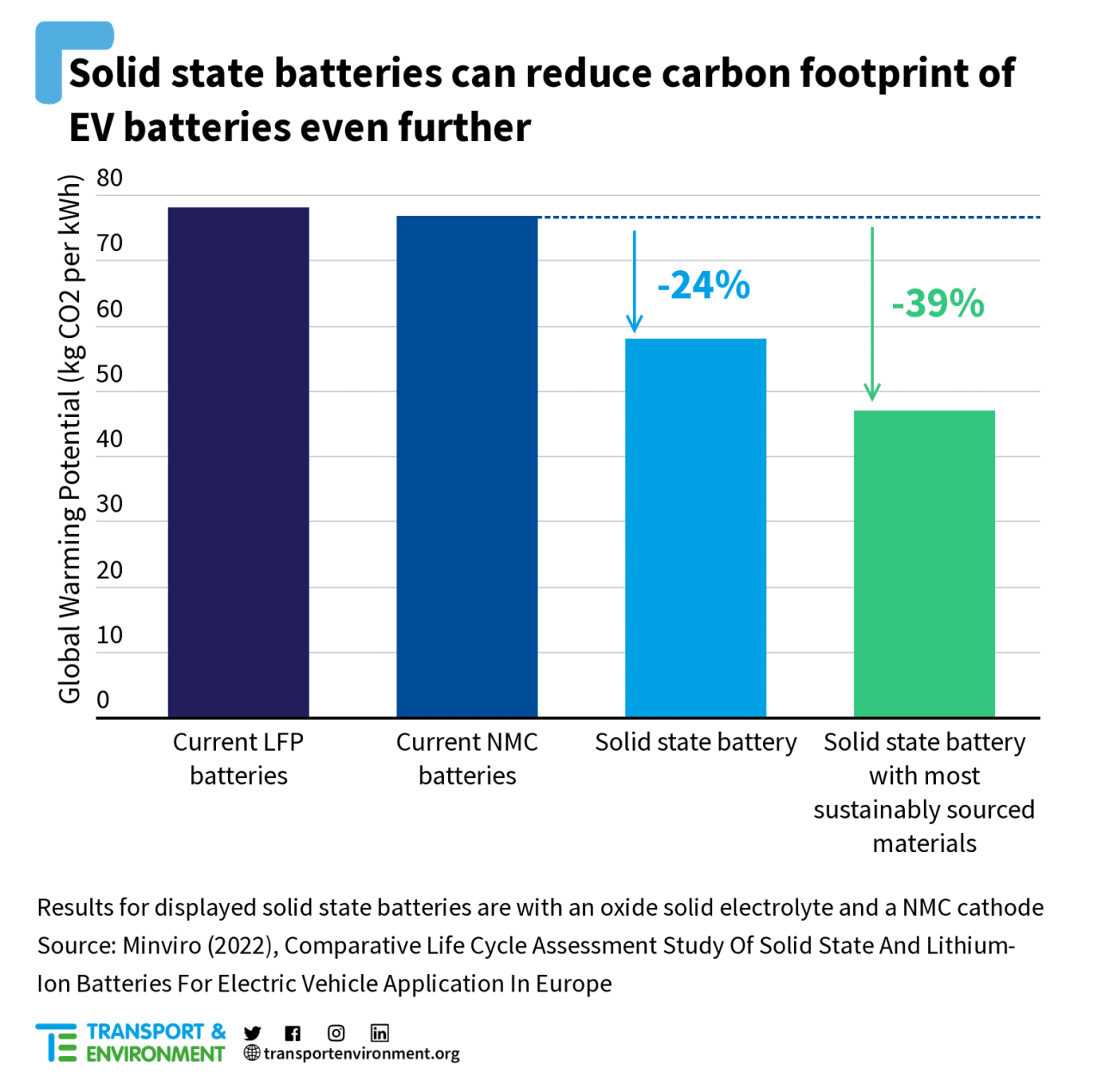Toyota Reveals Solid-State EV Battery with 745-Mile Range, Cuts Emissions by 39%
ByJennifer L

Toyota reveals its solid-state EV battery technology which claims to have a 745 mile range and 10 minute charging time. Solid-state batteries can reduce the carbon emissions of electric vehicle (EV) batteries by 39%, but it needs 35% more lithium.
The world’s largest carmaker by sales caught the markets by surprise by announcing its plans to commercialize its solid-state battery technology by 2027.
Toyota’s Next-Gen EV Battery Technology
Last month, Toyota announced that as the next-generation EV continues to use new batteries, they’re “determined to become a world leader in battery EV energy consumption.”
This week, the Japanese carmaker, which has been lagging behind rivals in rolling out EVs, unveiled its solid-state battery breakthrough. The automaker said that it was able to simplify ways to produce the materials used in making solid-state batteries.
Toyota further noted that this discovery will enable it to halve the size, cost, and weight of EV batteries. That also means significantly cutting charging times to 10 minutes or less while increasing the driving range to 1,200 kilometers (745 miles). Currently, the luxury brand Lucid Air holds the longest drive range of 516 miles.
President of Toyota’s R&D center for carbon neutrality, Keiji Kaita, commented that they’re planning to achieve reductions both in their liquid and solid-state batteries. He further said that this new battery will be simpler to make than a conventional lithium-ion battery.
The car company has been working on this technology since 2012 and it’s becoming a reality as Toyota now have over 1,000 solid-state battery patents – more than any other carmaker.
Noting Toyota’s announcement, analysts remarked that this could be a game-changer for the industry. And it can also help the Japanese carmaker be closer to the leading EV maker Tesla. Most of Tesla’s EV units are powered by conventional lithium-ion batteries using liquid electrolytes.
Kaita also said they discovered ways to address the durability problems with EV batteries. And that they now are confident to mass-produce solid-state batteries by 2027 or 2028.
Ford and BMW also tested these batteries late last year.
What are Solid-State Batteries?
Solid-state batteries are considered by industry experts as the most promising technology to fix major EV battery concerns. These particularly include charging time, driving range, capacity, and safety risks like catching fire.
Some experts call solid-state the “kiss of death” for gasoline- and diesel-powered vehicles.
These batteries replace a liquid electrolyte with a solid material and use lithium metal instead of graphite at the anode. Here’s how Toyota’s solid-state battery differs from the current, liquid-based version and how it can change the industry.
Solid-state batteries offer high energy density, meaning they can store more energy with less materials. They also typically require no toxic materials.
More remarkably, research shows that this new technology can help mitigate the climate impact of EV batteries.
As shown below, batteries made from most sustainably sourced materials can cut carbon emissions further down by 39%. This emission reduction could probably be due to simplified production processes and faster charging times.
More remarkably, research shows that this new technology can help mitigate the climate impact of EV batteries.
As shown below, batteries made from most sustainably sourced materials can cut carbon emissions further down by 39%. This emission reduction could probably be due to simplified production processes and faster charging times.

Moreover, more efficient mining methods such as extracting lithium from geothermal wells can also contribute to lower climate impacts. Solid-state batteries may need up to 35% more lithium than the current lithium-ion technology, but they use far less cobalt and graphite.
Driving Up the Demand for More Lithium
Lithium, also called white gold, is the unsung hero of the clean energy transition by powering up the EV revolution. Countries and major EV makers are scrambling to secure lithium. If solid-state batteries dominate the industry, demand for this critical mineral will soar up much higher than is currently projected.
In the European Union, the bloc’s proposed Batteries Regulation for lithium requires responsible sourcing and recycling of the EV element. The EU policy will ensure that there’s enough lithium supply for solid-state batteries. European governments still need to finalize the regulation.
In the U.S., the Inflation Reduction Act (IRA) incentivizes EV manufacturers that source their batteries locally or from free-trade partners. But the country needs to ramp up its domestic lithium supply to meet the skyrocketing demand. This is where rare lithium companies like the American Lithium Corporation come to the rescue. The company has two of the largest lithium deposits in the Americas.
According to an industry expert, improving the methods used in extracting and processing the raw materials in solid-state batteries, including lithium, is the key to slashing their climate impact.
Toyota’s solid-state battery revelation didn’t disclose key details such as battery performance in cold temperatures, energy density, and raw materials. The giant carmaker aims to manufacture 3 million battery-electric units each year by 2030 — 50% with solid-state batteries.
Will Toyota’s battery breakthrough change its course and make it a leader in the EV revolution? That’s what the industry has to watch out for.
No comments:
Post a Comment